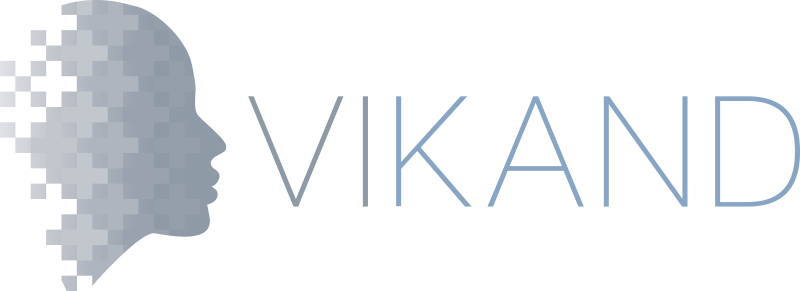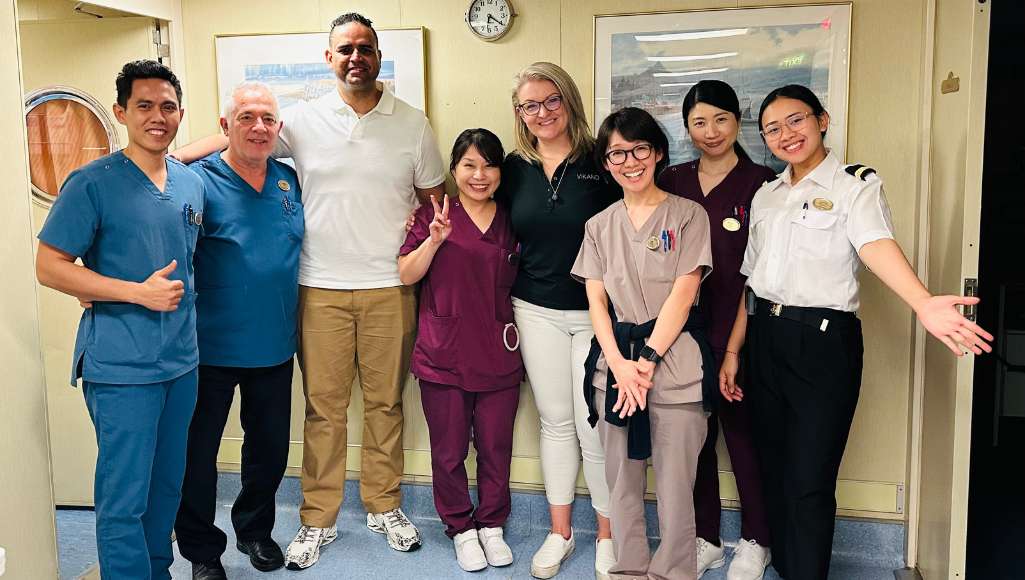
VIKAND Insights on Maritime Medical Trends
By Amy White, Director of Medical Operations
As we push into the final quarter of 2024, we want to reflect on current trends in medical management at sea based on the VIKAND team’s own experiences. Our doctors and nurses handle thousands of medical events each month all over the globe, giving us diverse insights into how this field is evolving in real time.
One of the biggest advancements we see is greater integration of telemedicine platforms, which enables remote consultations and diagnosis – particularly for maritime operations, where access to onshore medical facilities is limited. From increasing mental health needs to advancements in technology and policy, medical care at sea is an ever-changing landscape.
Crew Health & Wellness
Right now, we see a number of trends in crew health and wellness. First, as maritime workers age, chronic diseases (such as hypertension and diabetes) are becoming more of a concern. It highlights the need to actively monitor and manage chronic diseases onboard, especially conditions that could remove people from the workforce.
The good news is that this is more possible than ever. Data collected through apps, wearables and other tools make it possible to monitor crew health more effectively. On the guest side, data about when, where, and to whom incidents occur allow operators to analyse health trends and build better risk profiles.
However, crew members still consume more onboard medical care than guests. Their labour-intensive work puts them at risk for respiratory illnesses, musculoskeletal injuries and more. Many operators also saw an increase in dental problems, as dental checks are often absent from Pre-Employment Medical Examinations (PEME).
And while awareness of mental health challenges faced by maritime workers has never been greater, solutions are still not keeping pace with the problem. Some operators have responded by providing better access to remote mental healthcare solutions, but the problem will persist until deeper cultural changes can happen across the industry.
Training, Compliance & Healthcare Management
As the maritime industry changes rapidly, regulatory bodies are behind in their recommendations and battling to keep up. To meet this gap in the market, companies like VIKAND are creating our own best practices based on experience.
For example, we encourage our medical teams to practise emergency protocols, such as CPR and Advanced Cardiac Life Support (ACLS), at least once a month. This keeps their skills sharp and ensures effective teamwork in critical situations.
There is a growing concern that the industry's push to reduce costs and boost revenue is compromising the quality of onboard medical care. While medical teams are highly qualified and experienced, they face challenges in maintaining the standards seen in land-based healthcare systems.
Rising Demand for Remote Destinations
Finally, as the industry pushes for more adventurous, remote destinations, there’s an increasing need for highly skilled shoreside and onboard medical teams. These teams should be capable of handling complex medical cases onboard, reducing the need for hospital disembarkations and managing primary health care and follow up there of which is a skill to possess all these holistic skills.
In this edition of Pulse, discover how air purification can boost onboard energy efficiency, learn why the maritime industry desperately needs preventive mental health care, and meet Bec Ware, vice president of medical operations at VIKAND.


